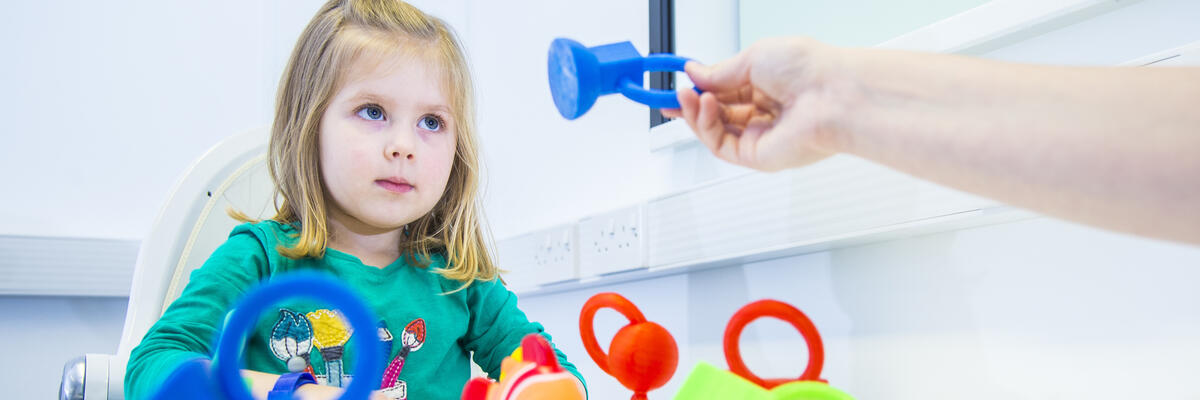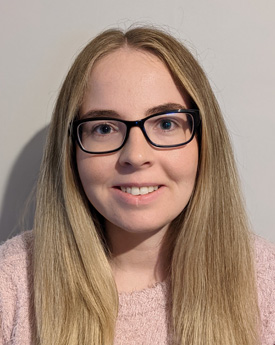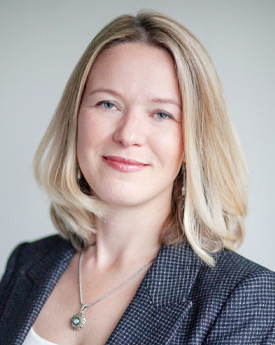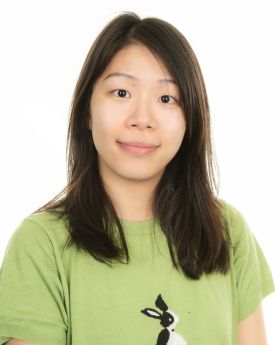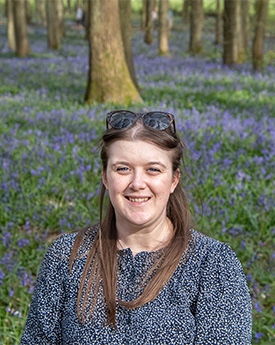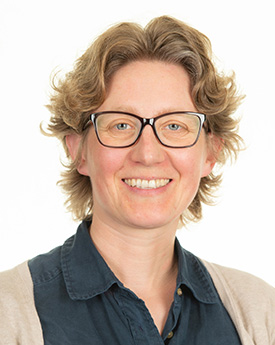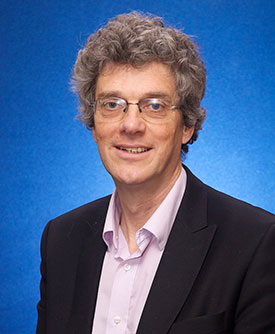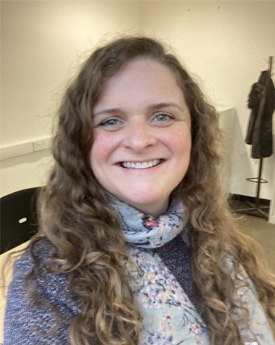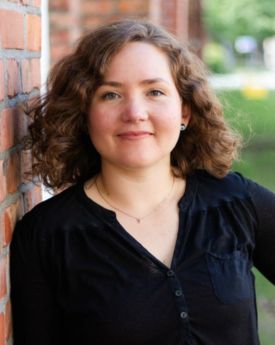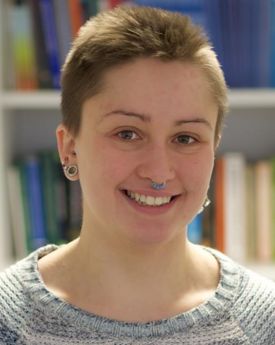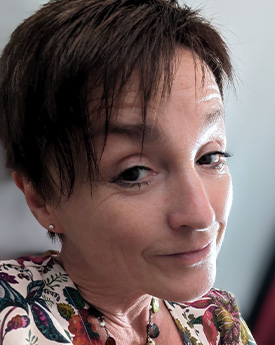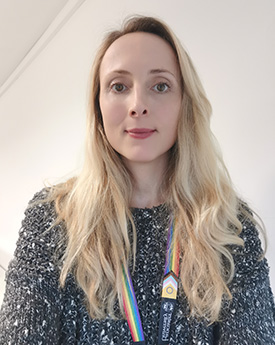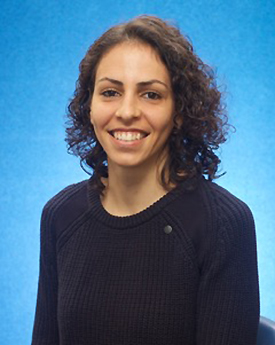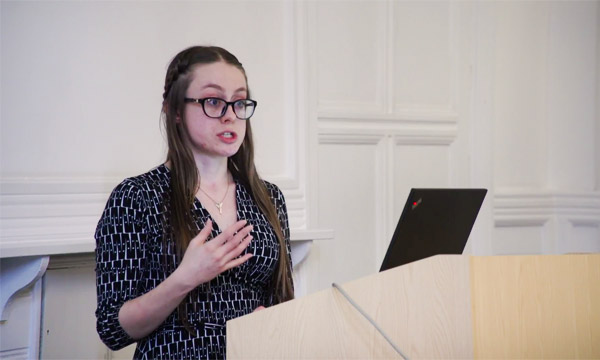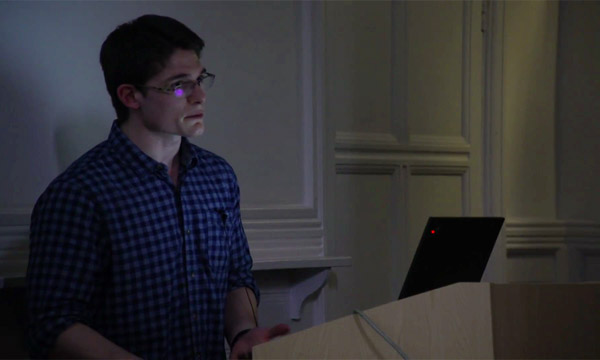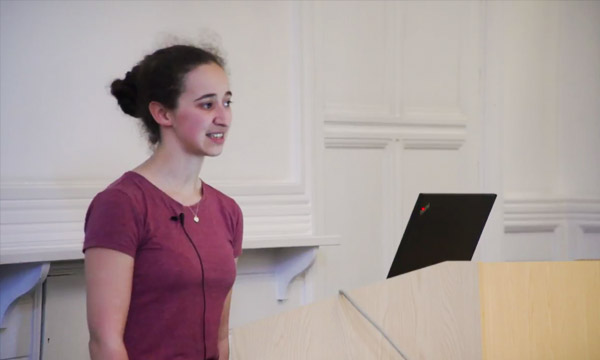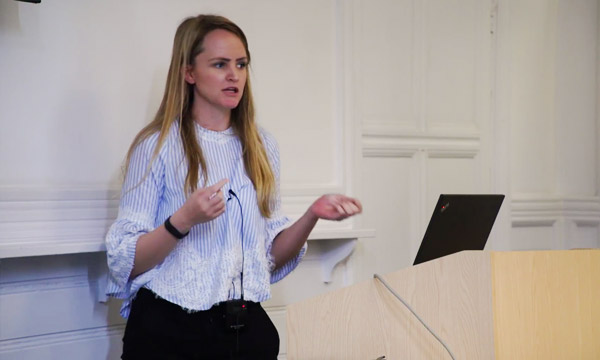About us
Our research group has wide-ranging expertise in issues of human development. We investigate cognitive, language, social and emotional development from before birth through to adolescence. In particular, within the various labs of the group, our research focuses on the development of perceptual, social, and cognitive abilities, how information is learnt and transmitted, typical and atypical language development (especially word and grammar learning, and discourse-level comprehension), typical and atypical literacy development, hearing and listening impairments, and childhood mental health.
We are fortunate to have one of the largest developmental research facilities in the world, comprising the entire ground floor of a dedicated research building, with child- and parent-friendly facilities and dedicated parking. Our facilities include multiple observational laboratories with cutting-edge equipment to enable sensitive recording of young infants’, toddlers’ and older children’s abilities, including eye-tracking technology, electroencephalography (EEG), near-infrared spectroscopy (NIRs), electromyography (EMG), 4D Ultrasound foetal scanning, heart rate detection, galvanic skin response, and infrared motion capture.
Our research attracts funding from public bodies, such as UK Research and Innovation (UKRI), including the Economic and Social Research Council (ESRC) and the Engineering and Physical Sciences Research Council (EPSRC); Horizon 2020 and the National Institute of Child Health and Human Development (NIH; US); and also charities, such as The Leverhulme Trust, The British Academy, Nuffield Foundation, and The Waterloo Foundation. We work with many UK and international Universities and publish in leading journals such as: Psychological Review, NeuroImage: Clinical, Developmental Science, Child Development, Journal of Educational Psychology, Educational Research Review, Scientific Reports, Cognition and Current Biology.
In addition to the academic impact of our work, we are highly engaged with public audiences, for example National Deaf Children’s Society, Birth Companions, Amplify Reading, AIM Academy (US), Wandle Learning Partnership, Autistica, and WordWorks. We are also active within the local community, giving talks to local schools, educators, clinicians and practitioners; providing research expertise on programme evaluation; participating in events such as Light Up Lancaster, Campus in the City; and meeting local families through parenting groups and our own on-campus events.


